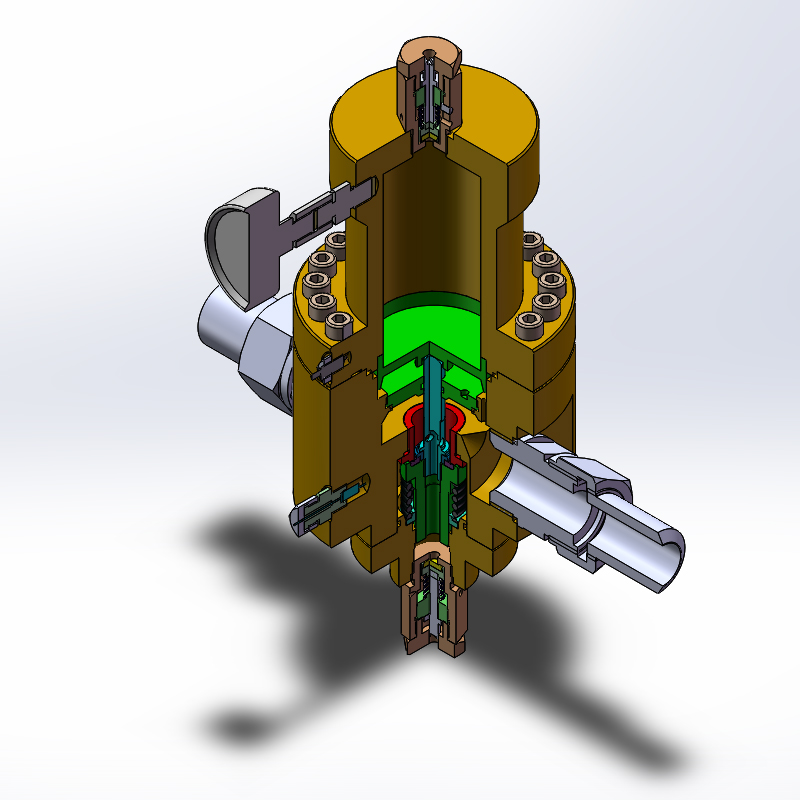
Aug . 13, 2024 16:26
Back to list
Exploring Innovative Solutions for Sustainable Energy in the Future of Transportation
Exploring the Rise of Compressed Natural Gas (CNG) as a Sustainable Fuel Option
In recent years, the urgent need for cleaner and more sustainable energy solutions has sparked significant interest in alternative fuel sources. Among these, Compressed Natural Gas (CNG) has emerged as a viable option, gaining traction in various sectors, particularly transportation. CNG is primarily composed of methane, a cleaner-burning fuel compared to traditional gasoline and diesel. Its rising popularity can be attributed to several factors, including environmental benefits, economic efficiency, and advancements in technology.
.
Furthermore, the economic advantages of CNG are noteworthy. Natural gas is often less expensive than gasoline or diesel, offering considerable savings for consumers and businesses alike. The price of CNG can fluctuate, but it has generally maintained a lower price point than its gasoline counterpart. This cost-effectiveness is particularly appealing to fleet operators and public transportation agencies. For instance, city buses powered by CNG can reduce fuel costs while also benefiting from lower maintenance expenses, as CNG engines tend to experience less wear and tear compared to those running on conventional fuels.
cng

The infrastructure for CNG is also steadily improving. Although it is not as widespread as gasoline stations, the number of CNG refueling stations has been increasing, particularly in countries prioritizing alternative fuels. Governments and private companies are investing in CNG infrastructure to accommodate growing demand. In regions like California, numerous public and private initiatives support the adoption of CNG vehicles, providing financial incentives for consumers and businesses to make the transition. This growing network ensures that drivers can access the fuel conveniently, helping to alleviate concerns about range and refueling availability.
Technological advancements have played a critical role in the adoption of CNG as well. Modern CNG vehicles are designed for better performance and efficiency. Manufacturers have developed advanced engine technologies that optimize fuel usage and enhance power output, providing a driving experience that rivals traditional combustion engines. Moreover, innovations in safety standards and vehicle design have alleviated previous concerns regarding the storage and handling of compressed natural gas, making it an increasingly feasible option for consumers.
Despite its many benefits, there are challenges to the widespread adoption of CNG. The initial investment for converting vehicles or purchasing new CNG-equipped models can be significant. Additionally, in some regions, the availability of refueling stations remains limited, which may deter potential users. However, as public awareness of environmental issues grows and as more policies support cleaner fuels, the barriers to CNG adoption are likely to diminish.
In conclusion, Compressed Natural Gas presents a promising alternative to conventional fuels in the pursuit of a more sustainable energy future. Its environmental benefits, economic advantages, and technological innovations make it a compelling option for various applications. As infrastructure develops and awareness increases, CNG is poised to play a critical role in reducing our carbon footprint and promoting cleaner transportation solutions. The adoption of CNG is not just a step towards reducing harmful emissions; it is a crucial move towards achieving a more sustainable and responsible energy landscape.
Latest news
-
Safety Valve Spring-Loaded Design Overpressure ProtectionNewsJul.25,2025
-
Precision Voltage Regulator AC5 Accuracy Grade PerformanceNewsJul.25,2025
-
Natural Gas Pressure Regulating Skid Industrial Pipeline ApplicationsNewsJul.25,2025
-
Natural Gas Filter Stainless Steel Mesh Element DesignNewsJul.25,2025
-
Gas Pressure Regulator Valve Direct-Acting Spring-Loaded DesignNewsJul.25,2025
-
Decompression Equipment Multi-Stage Heat Exchange System DesignNewsJul.25,2025

